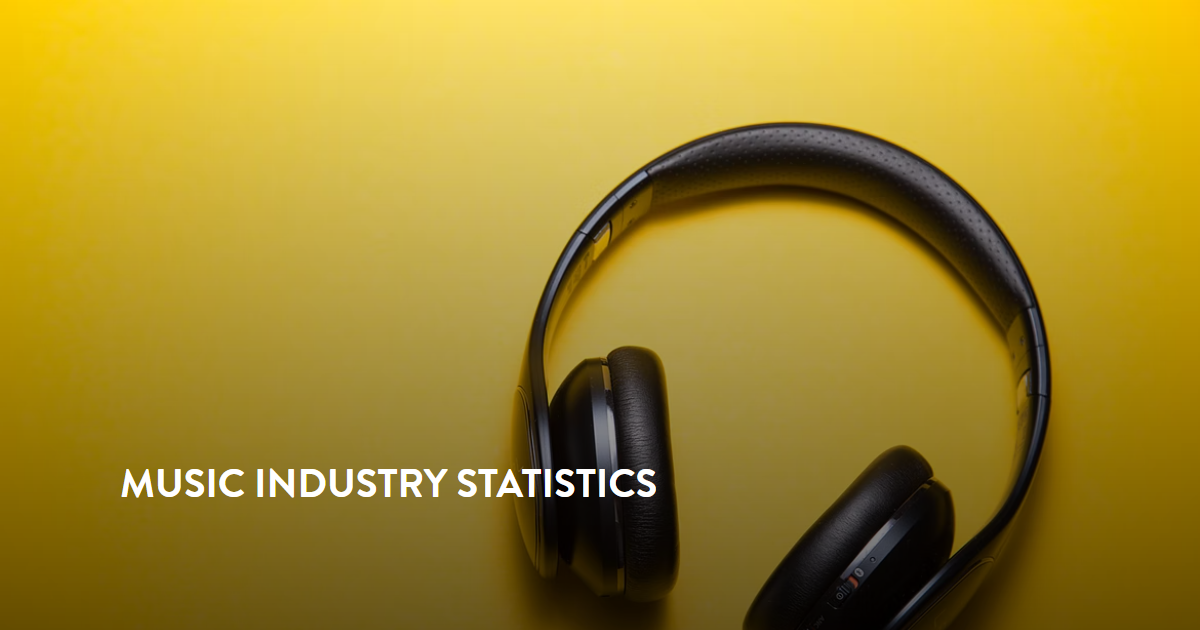The big bucks are in concerts and swag for artists because they see precious little of streaming royalties. The actual revenue labels get from streaming vs. what they used to get from CDs in the pre-napster era is still quite small, partly because intermediaries like Spotify are taking a huge cut, and partly because it's just less money being spent.
IMO the labels blew it big time when they tried to shut down Napster and other piracy avenues without a suitable alternative. They should have bought napster and offered it as a subscription for (say) $40 per month or something. At the time, the consumer wasn't yet totally used to free digital music, and Apple had not yet come in and set pricing norms through iTunes. They had more power to set pricing at that time, but they decided to sue people in court instead of understanding that their business model's technological viability was completely over and done with. If they HAD, they could have been making at least double what they are now, IMO.
Once people got used to $0.00 for digital music, it was a tough climb back up to (say) $12/mo... but people used to happily pay that much per CD. They let the gravy train roll on too long and destroyed the perceived value of recorded music through negligence.

 www.gov.uk
www.gov.uk




